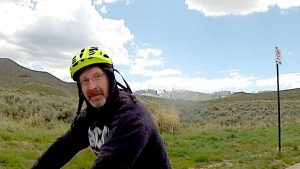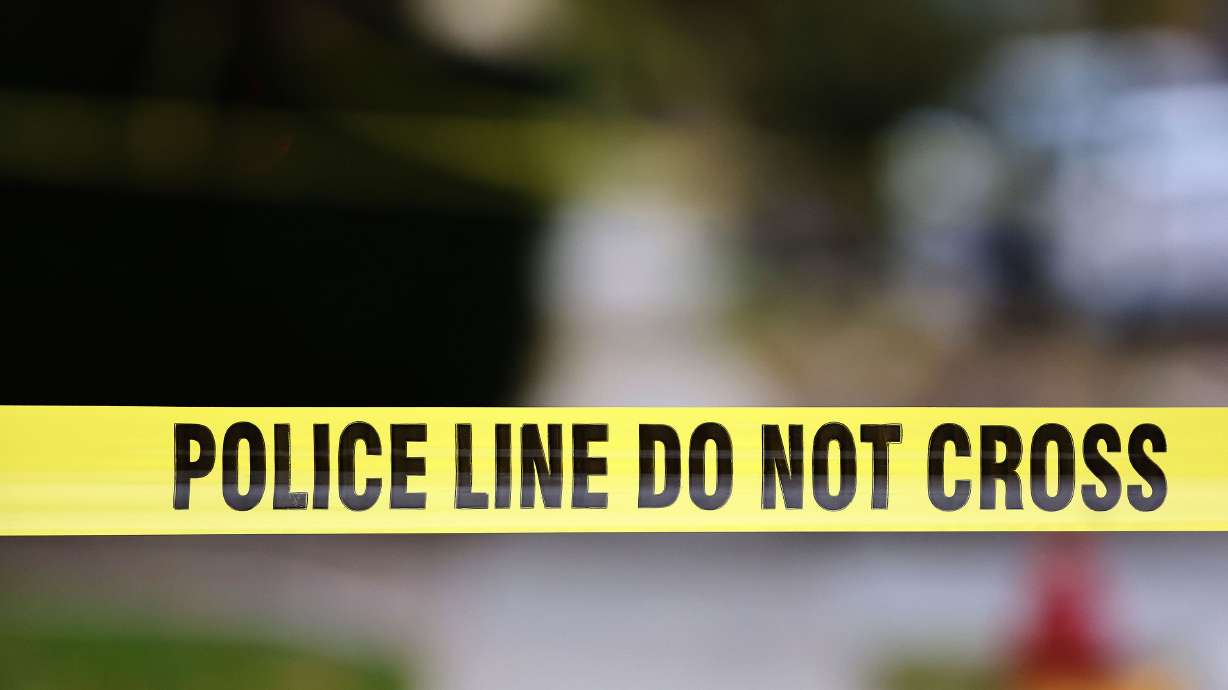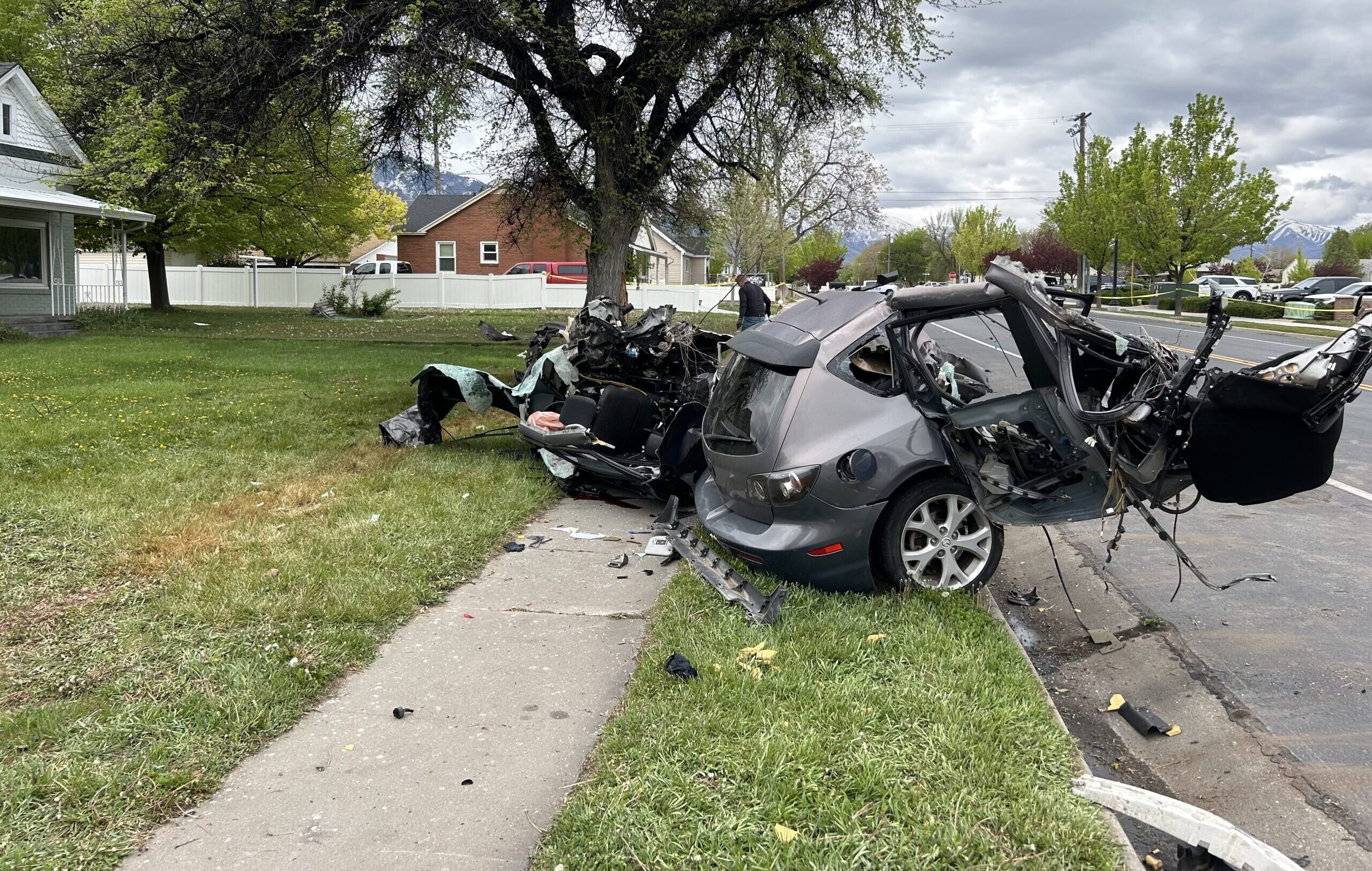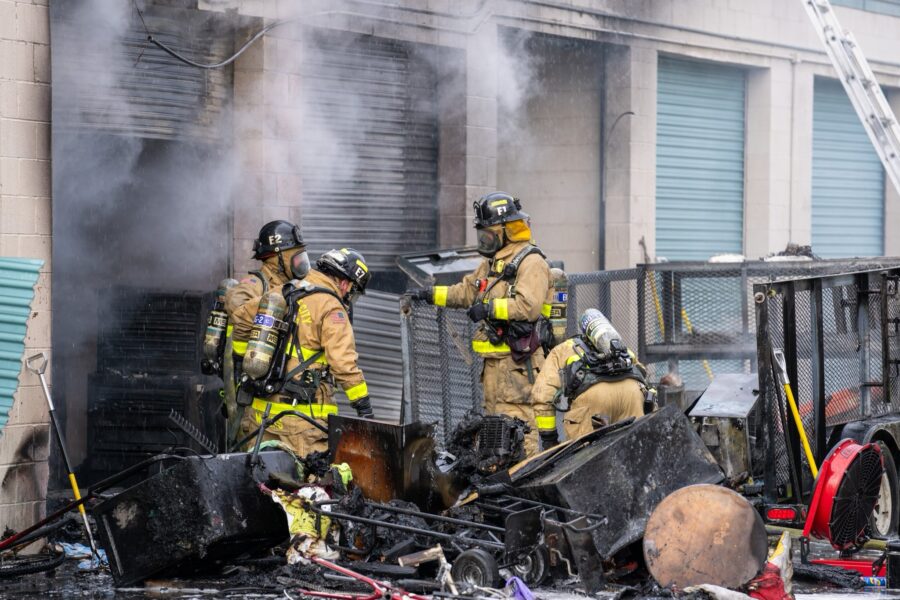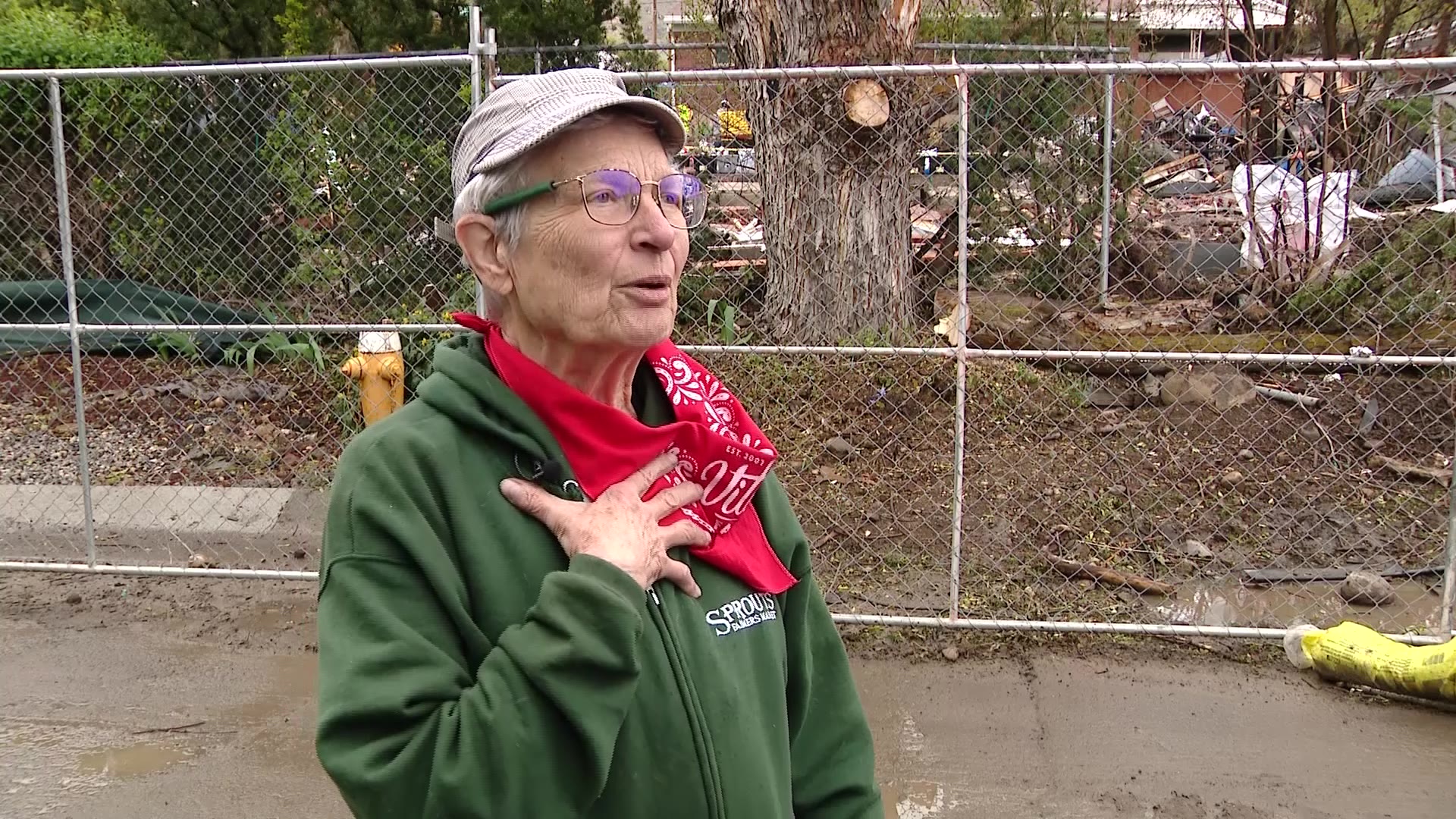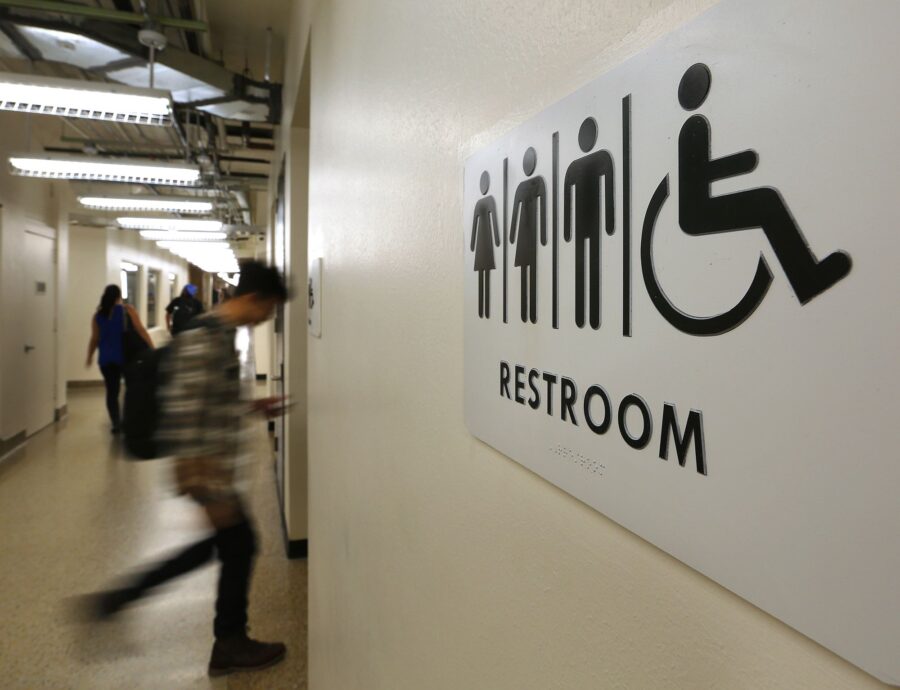Utah program helps veterans overcome PTSD, suicidal thoughts
May 15, 2018, 6:18 PM | Updated: May 16, 2018, 9:20 pm
SALT LAKE CITY, Utah – Around 20 American military veterans take their own life each day. A program developed here in Utah to help veterans with post-traumatic stress disorder and suicidal thoughts is making a difference.
A financial infusion from a major military supplier will enable the program to help even more veterans and their families.
“The R&R program is unique in that we provide therapy on a daily basis during two weeks instead of a weekly basis over several months,“ said Craig Bryan, executive director of the National Center for Veterans Studies. “With the grant money, we are going to be able to do way more and help so many more veterans than we would have been able to do otherwise.”
The National Center for Veterans Studies at the University of Utah has partnered with the National Ability Center in Park City to help veterans who are struggling mentally back at home. The R&R program has been a proven success, and now has a new $3.1 million grant from Boeing Corporation to help 200 more vets and their families over the next three years.
A group of five veterans from across the country has engaged in the intensive therapy program aimed at helping them through their mental health struggles.
“We have all served, and we all have the same pride,” said Tom Louma, an Army Veteran who recently left a pressure-filled executive job after a bout with PTSD.
The group of veterans has bonded through recreation and focused therapy, learning new tools to cope with PTSD and depression. They had therapy sessions in Tuesday morning, and went cycling outside of Park City in the afternoon. Monday, they teamed up and urged each other through a ropes course.
“It’s safe. It’s comfortable,” said Louma. “When we’re safe, and we’re comfortable we can look at each other we can say, ‘You know what, it’s OK. It’s all right. If you’ve got to a tear up, that’s fine. I’ll pat you on the back and let’s work on some tools to get this done.’”
He said the two-week program that combines intensive therapy in a unique setting with recreation has been helping. He has found success learning new tactics to recognize the things that trigger his PTSD, so he can deprogram problems before they arise.
Air Force veteran Sarah Bonner agreed.
“It’s giving me hope,” said the Virginia resident. “My symptoms have definitely decreased.”
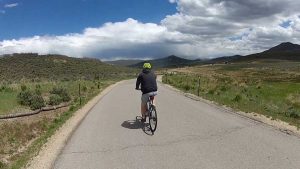 Bonner has struggled with PTSD for more than a decade after she was drugged, beaten and sexually assaulted while in the military.
Bonner has struggled with PTSD for more than a decade after she was drugged, beaten and sexually assaulted while in the military.
She said in recent months, she started to experience the trauma from the assault all over again. After 8 days in the 14-day program, she was hopeful she could stay on a positive path when she goes back home.
“The specific therapies they’re using have opened doors, and help me understand things better,” she said.
It also reminded her that she’s not the only one who deals with PTSD and depression.
“The R&R program is unique in that we provide therapy on a daily basis during two weeks instead of a weekly basis over several months,” said Bryan. “They become good friends, they support each other, they help each other out.”
Bryan said preliminary results from the program show that up to 70 percent of veterans who complete the program show significant reductions in PTSD symptoms. Among those who started the program thinking about suicide, half have had complete resolution of suicidal thoughts. Bryan said 40 veterans have completed the program in its first 2 years.
“It’s the reason why I became a psychologist – to help people overcome the struggles that get in the way of living a good life,” said Bryan.
The grant money from Boeing will help them expand the program. They will hire more psychologists who are trained in this kind of therapy.
“We will be able to dramatically increase the number of times that we do the program,” he said. “We will be able to increase the number of veterans who come through the treatment. We plan to focus this work in Colorado, Montana, Nevada, New Mexico and Utah, which have the highest number of veteran suicides based on population.”
The grant awarded will also allow the center to offer crisis response planning workshops for 1,000 mental health professionals and community members in cities across the country, training many more people to help with PTSD and depression among our veterans.


